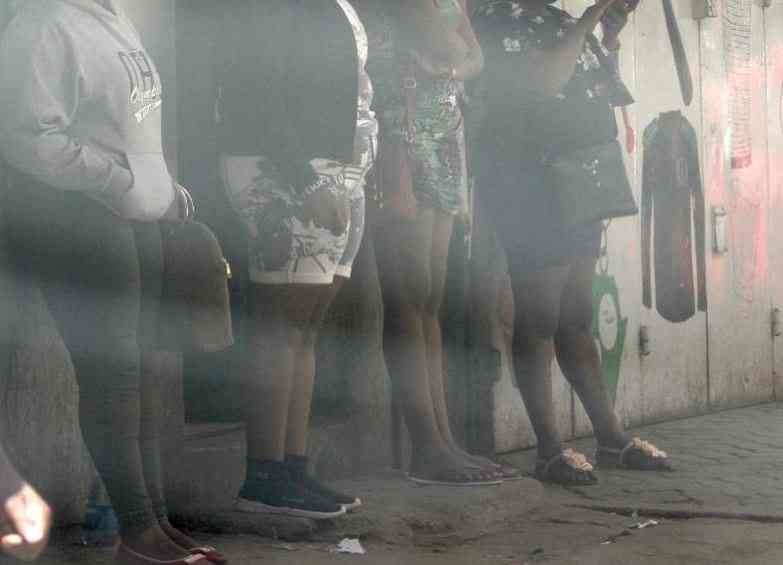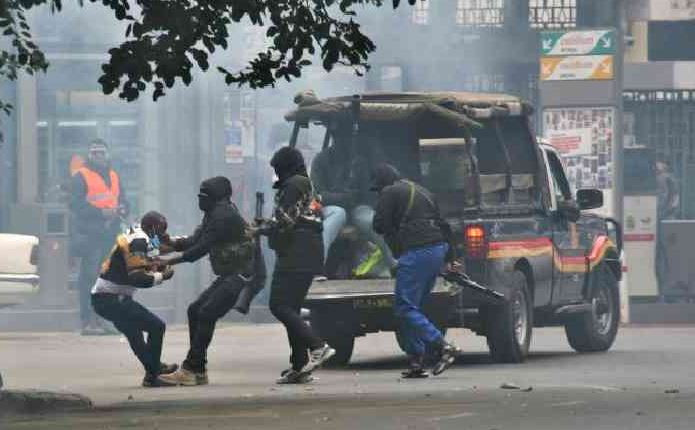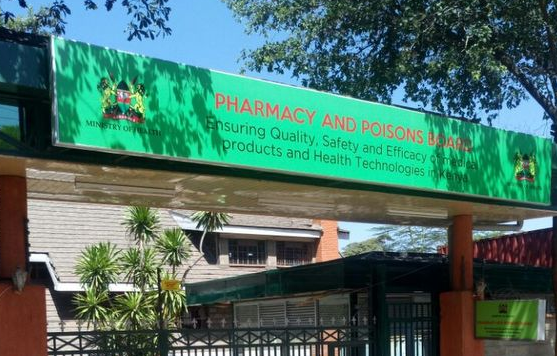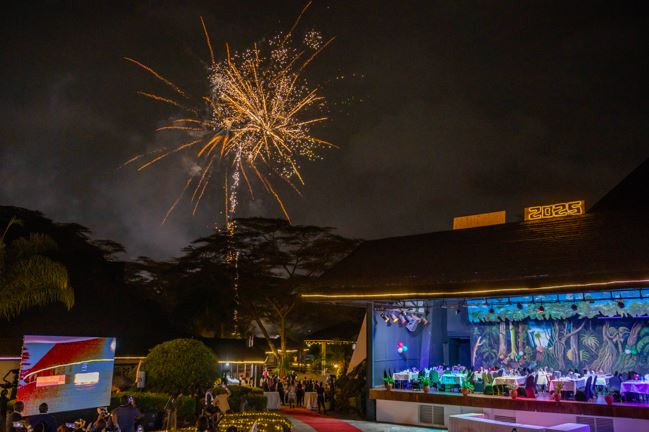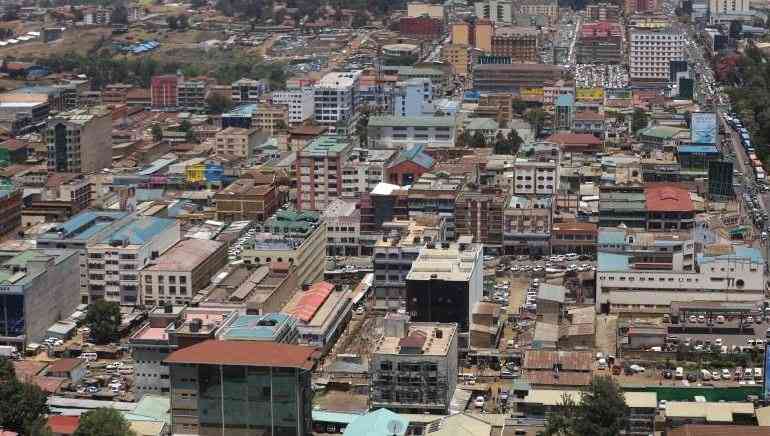
If you expect to alight at the Central Business District of the country’s newest city, Eldoret, past 9.30pm and expect to shop in a supermarket, forget it. Many businesses will have closed by that time.
But no doubt, Eldoret remains one of the most popular homes of sherehe (entertainment) outside the capital, Nairobi.
Eldoret’s entertainment is as interesting as the history of the city from the early 1900s.
For more than a century, the City of Eldoret has harboured some of the country’s wealthiest farmers.
By the time Kenya gained independence from the British, Kenyan tycoons had already positioned themselves to run the show.
The pioneers, particularly the wealthy black farmers borrowed a lot from their British and Boer counterparts, from South Africa.
A drive, for instance, to the Elgon suburbs would take to nightclubs and secluded lodges that resemble British farmhouses in expansive agricultural fields of Moiben and Soy.
Revelers have since shifted nightlife to clubs on the outskirts, with areas along Kisumu Road, Uganda Road and Iten Road being the favourite.
Prominent traders and farmers including the late Herman Sirma, Jackson Kibor, Kiplagat Kibogy, Simeon Kosichtany and Chemweno Chebor, just to name a few, started acquiring land in Eldoret soon after independence.
They also bought thousands of acres of agricultural land and became prominent farmers, with proceeds from their agricultural activities contributing towards the growth of Eldoret.
Eldoret’s CBD has inexhaustible theories of how the town grew.
For example, Standard Chartered, Eldoret branch now stands on the exact spot previously occupied by Standard Bank, where a safe fell from an ox-cart and could not be lifted, and so, JM Shaw, the branch manager, decided to build a mud-walled bank around it. That was in the 1910s according to historians.
The idea birthed Eldoret’s rich banking sector.
The name Eldoret has also remained a subject of debate for many decades.
Sir Percy Girourd, the Governor of British East Africa suggested the name Eldore, a Maasai name meaning a river with a rocky bed, in 1911. The river is Sosiani River, which cuts across the new city.
But a colonial District Commissioner, who had belittled the town for its few dukas (shops), further suggested that his house and a bar be named after the not-so-easy to pronounce name, Eldore but added a t and the name Eldoret came about.
Researchers say the Boer presence in Eldoret dwindled after the British granted internal rule to the Transvaal and Orange Free, State besides the Secretary of State, Lord Crewe, introducing cash requirements for immigrants coming to Kenya.
Booming business
Today, Eldoret City is beaming with entertainment, despite most businesses closing early in the evening.
As revelers from far and wide troop to the new city for sherehe, the twilight girls are not left behind.
Coming from different corners of the country, and in all ages and complexions, they jam the city of champions during the maize and wheat bumper harvest, starting from around October.
When they arrive, it’s a booming business for the housing and hotel industry, but panic to married women who see their rich husbands disappear on a Friday and return on Monday, broke and full of regrets.
In recent days, it has become difficult to get an Airbnb in Eldoret on Friday, and worse in the evening because Eldorians must retreat to houses after party.
Even before it attained city status on August 15, Eldoret was apparently the party centre of Western Kenya, and AirBnBs went like hotcakes by Friday morning.
“More and more girls have joined the business (of commercial sex work) in recent days. Technology has also made business easy and most of them are doing business online. What I can tell you is that the numbers are big in Eldoret. Years ago, they trooped to Eldoret to serve wazee during the harvest season. They are now here for the sons of wazee who are digital media savvy and they do their business in AirBnBs and not on the streets. Business on the streets is now regarded as old-fashioned,” Rehema, a twilight lady, told The Nairobian.
She says rates have increased in recent years as the trade moved from the streets to leafy suburbs and AirBnBs.
She went on: “Several of them have come all the way from Mombasa and other coastal counties. Others are from Nairobi and they are all here because business is good.”
According to Onesmus, a resident of Eldoret, Uasin Gishu farmers should not be working too hard to feed the country to the extent of forgetting that they had a life to live in their new city.
Kenya National Chamber of Commerce and Industry said the new city has the potential for industrial growth. Uasin Gishu chapter chairman Willy Kenei said raw materials from agricultural products were enough to support viable value addition.
“We have two public universities and private institutions of higher learning, and that means that the city has readily available labour. We have the best climate in the region and that means the town can attract more visitors and investors,” Kenei said.
He went on to say: “As a business community we are looking forward to more hospitality and conference facilities. We are also expecting more investments in sports tourism because we are a city of champions.
Room for improvement
Kenei, however, said there are a number of areas among them road infrastructure and sewerage system that Uasin Gishu county administration should improve.
“We want to challenge stakeholders to ensure that we have the best infrastructure and improved sewerage. Improvement in infrastructure will attract more investments and create employment for more youth,” he said.
Uasin Gishu County says the recent commissioning of Mama Rachel Ruto Maternity Hospital would improve healthcare in the new city.
Moi Teaching and Referral Hospital (MTRH) CEO Dr Philip Kirwa said the facility was improving the provision of healthcare services as it gears for the new status.
The hospital, one of the two national referral facilities alongside Kenyatta National Hospital in Nairobi is also in a race to introduce medical procedures that are not accessible in the new city.
“We are going to have open heart surgeries and other cardiac procedures. We are having a completion of a cardiology lab and soon, all patients requiring cardiac procedures will get services at MTRH.
“Until a few months ago, you had to be flown to Nairobi and if you missed services by two hours you would be dead. A private facility has been introduced, but remains inaccessible for many patients in terms of costs. When it is ready, we are going to save many lives,” Dr Kirwa said in a previous interview.
He said MTRH was upscaling kidney transplant and bone marrow transplant, working with our partners abroad.
An oncology ward that will be dedicated to cancer patients is also in the mix in the race to improve health services, he added.
Uasin Gishu Governor Jonathan Bii said the county was banking on the proposed aggregation of industrial parks to grow Eldoret’s economy and job creation.
No traffic lights
“The County Aggregation Industrial Park in Moiben is nearing completion, and the Export Processing Zone at Cherunya is progressing well,” the Governor said.
Bii said he was increasing local revenue through a foolproof digital system.
“In line with the Digital Economy, the Sisibo pay system has revolutionised revenue collection, enabling us to achieve a record Sh1.4 billion in Own Source Revenue,” the governor said.
He added: “We are planning an international investment conference to showcase the opportunities in Eldoret and the North Rift Economic Bloc this year.”
Unlike other Kenyan cities, Eldoret is one city without traffic lights. The lights to manage traffic flow has faced rejection in the city, making efforts to reintroduce the system futile.
Motorists, particularly farmers who had the experience of the first traffic lights in the town in the 1990s claimed the town witnessed rampant accidents as motorists had a hard time observing signs.
“Decades ago, there were traffic lights in Eldoret but they caused accidents because our fathers mistook the red lights for danger and quickly drove off, hence causing accidents,” a resident Paul Kibiwott says.
 The Standard Group Plc is a multi-media organization with investments in media platforms spanning newspaper print
operations, television, radio broadcasting, digital and online services. The Standard Group is recognized as a
leading multi-media house in Kenya with a key influence in matters of national and international interest.
The Standard Group Plc is a multi-media organization with investments in media platforms spanning newspaper print
operations, television, radio broadcasting, digital and online services. The Standard Group is recognized as a
leading multi-media house in Kenya with a key influence in matters of national and international interest.


